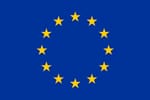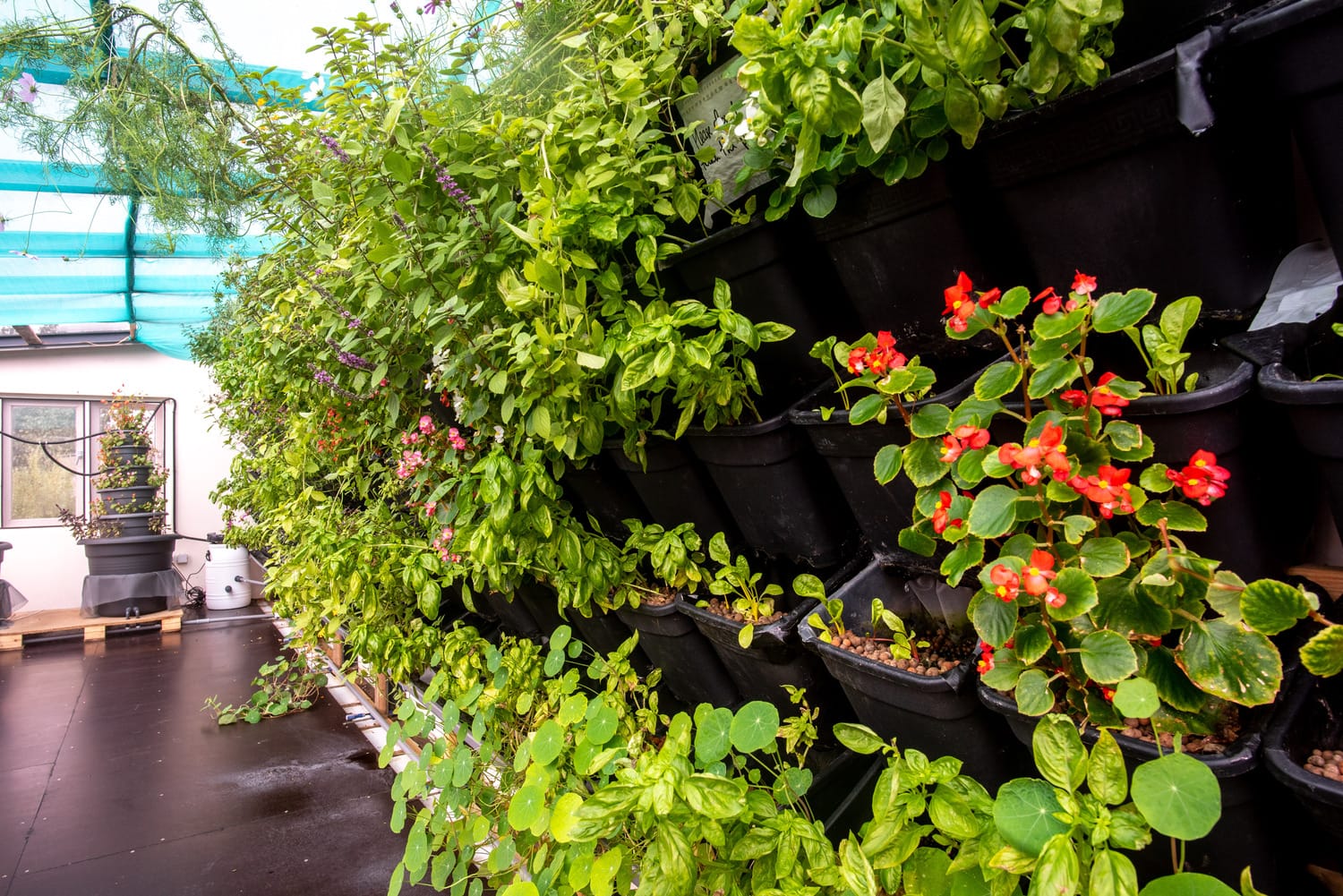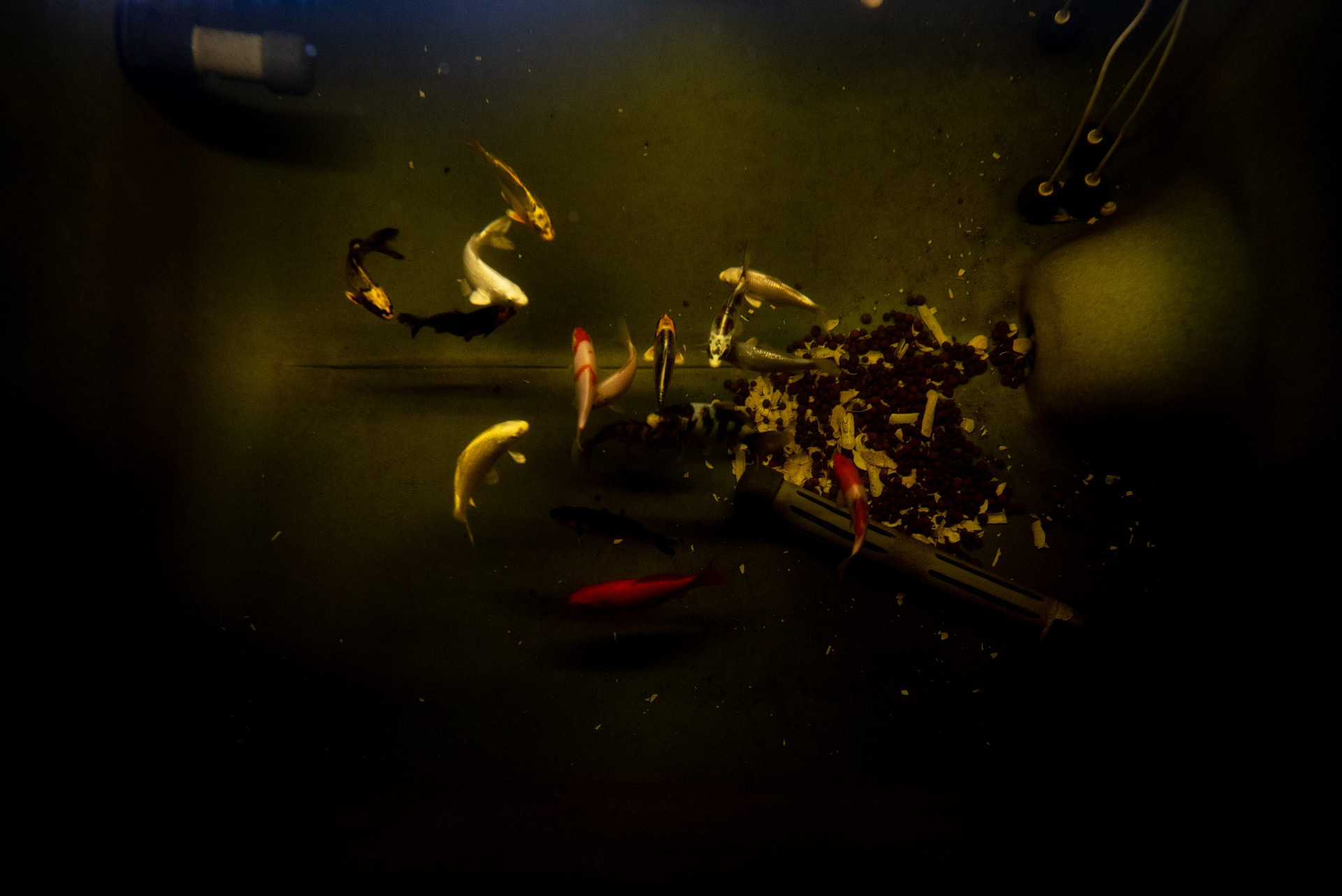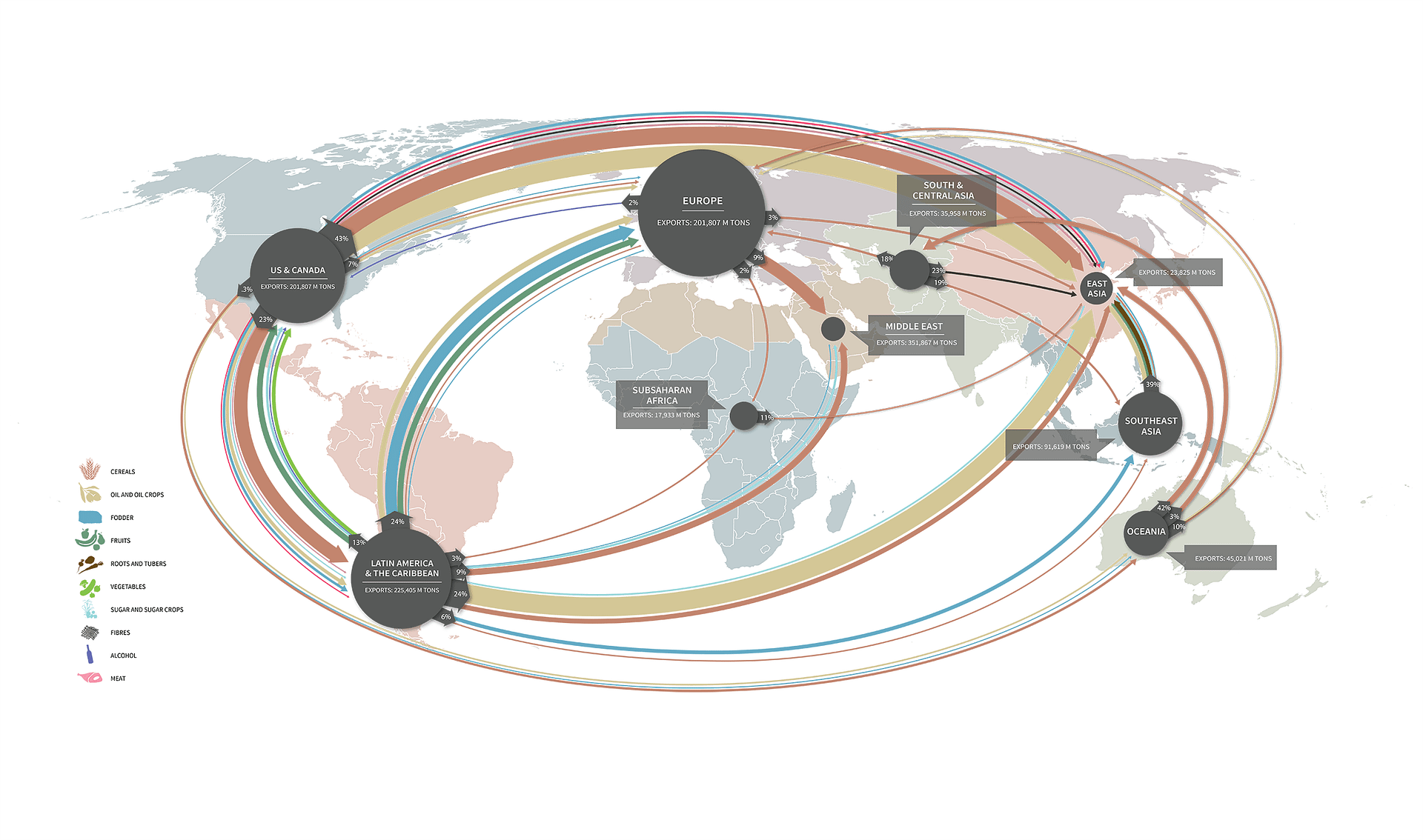FOODE: Creating sustainable food systems for European Cities
This 4 year Metabolic Institute project spans 15 European pilots, exploring citizen-driven and sustainable urban food initiatives for innovative business models.
Funder: EU Commission
Grant Agreement: N°862663
Partners: UniBO (Coordinator) Fachhochschule Sudwestfalen, Commune de Romainville, Stichting Wageningen Research, Institut für Landes- und Stadtentwicklungsforschung gGmbH, Hague Corporate Affairs BV, Comune di Bologna, Comune di Napoli, Municipality of Lansingerland, Ajuntament de Sabadell
Date: February 2020 – February 2024

This project has received funding from the EU Commission under grant agreement N°862663
Cities are continuously growing and are facing challenges in providing affordable, nutritious, and safe food for their residents without crossing planetary boundaries. Today, European cities are overwhelmingly net importers of food, and over the last decades citizens have been increasingly disconnected from their food sources. Local initiatives taking place in cities bring about the opportunity to enhance local food security and create local supply chains, yet these initiatives often face cultural, economic, policy, and environmental barriers that hinder their ability to establish themselves and scale.
Metabolic Institute will lead the development and implementation of an open-source aquaponic farm based on De Ceuvel in North Amsterdam. This pilot aims to be a showcase and educational center for urban food production. It will test both high-tech and low-tech solutions by integrating different grow systems and developing an aquaponics management software system designed for inexperienced growers. Located at De Ceuvel, a former brownfield and industrial shipyard turned into a living lab for circular urban development, the pilot project will first focus on the enlargement of De Ceuvel’s existing aquaponics system in order to realise a stable and marketable production of fish and vegetables for the local customers. The aquaponics greenhouse will then serve as a space for training and dissemination of aquaponics techniques, and allow local citizens to design, build and manage their own small-scale aquaponics units.
FOODE will enable the development and scaling of context-specific solutions that foster sustainable food and nutrition security in European cities. Through its 15 pilots and the development of a rigorous sustainability assessment framework, FOODE will ensure that the most advanced technological solutions available in the EU are maximized for their environmental, social, and economic sustainability and will foster the dissemination of innovative best practices so that the current and the next generations are educated and engaged in their city-region food systems.



















